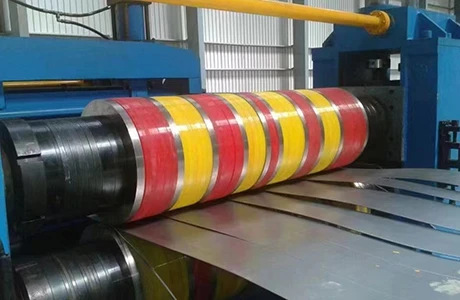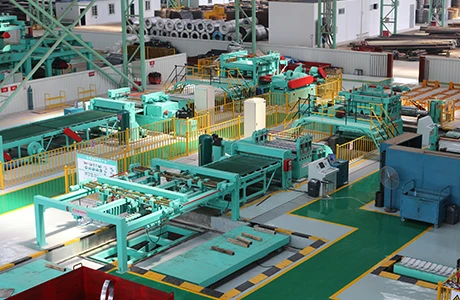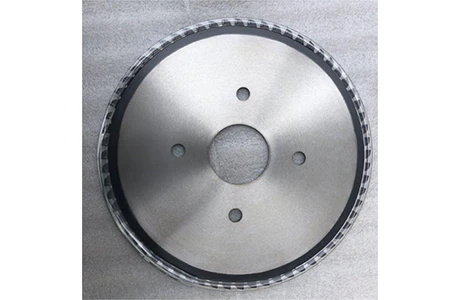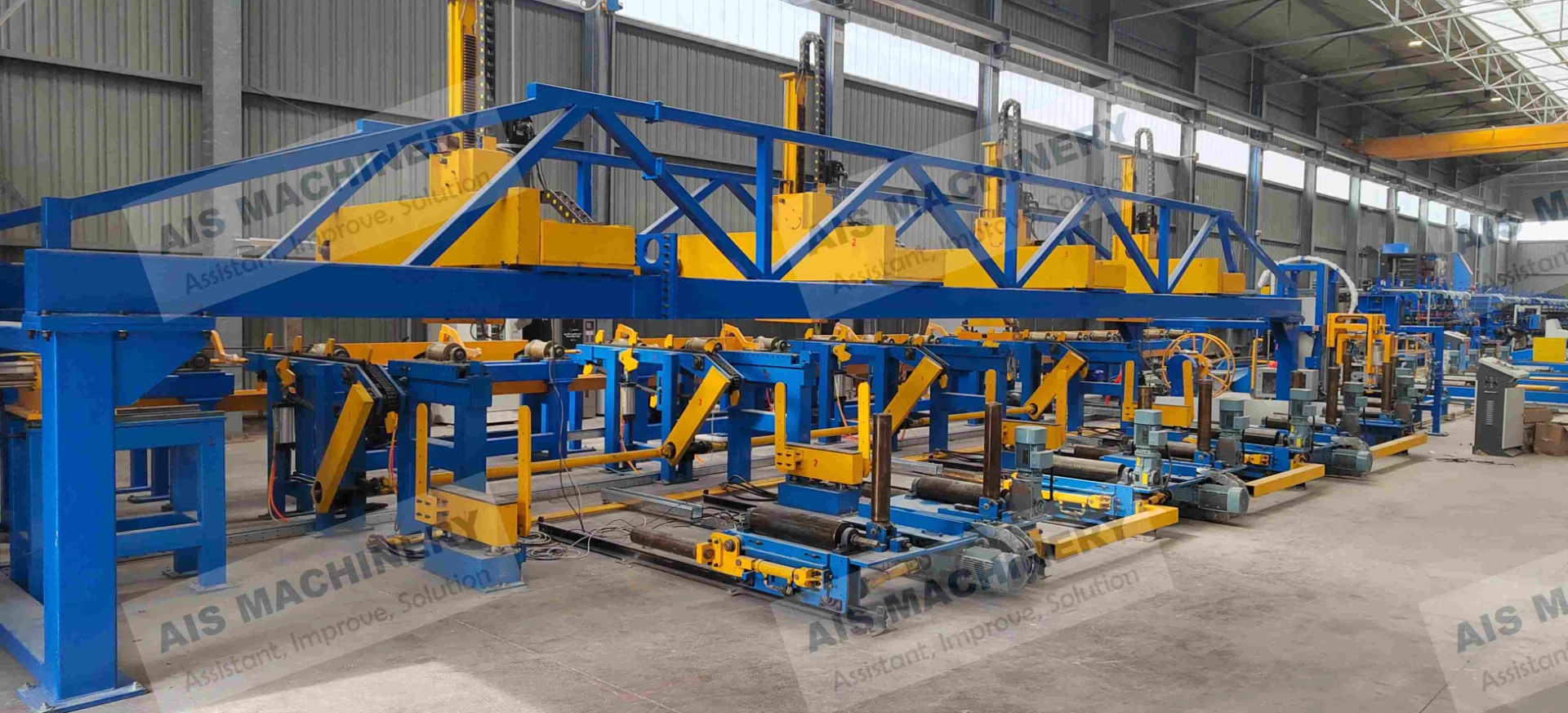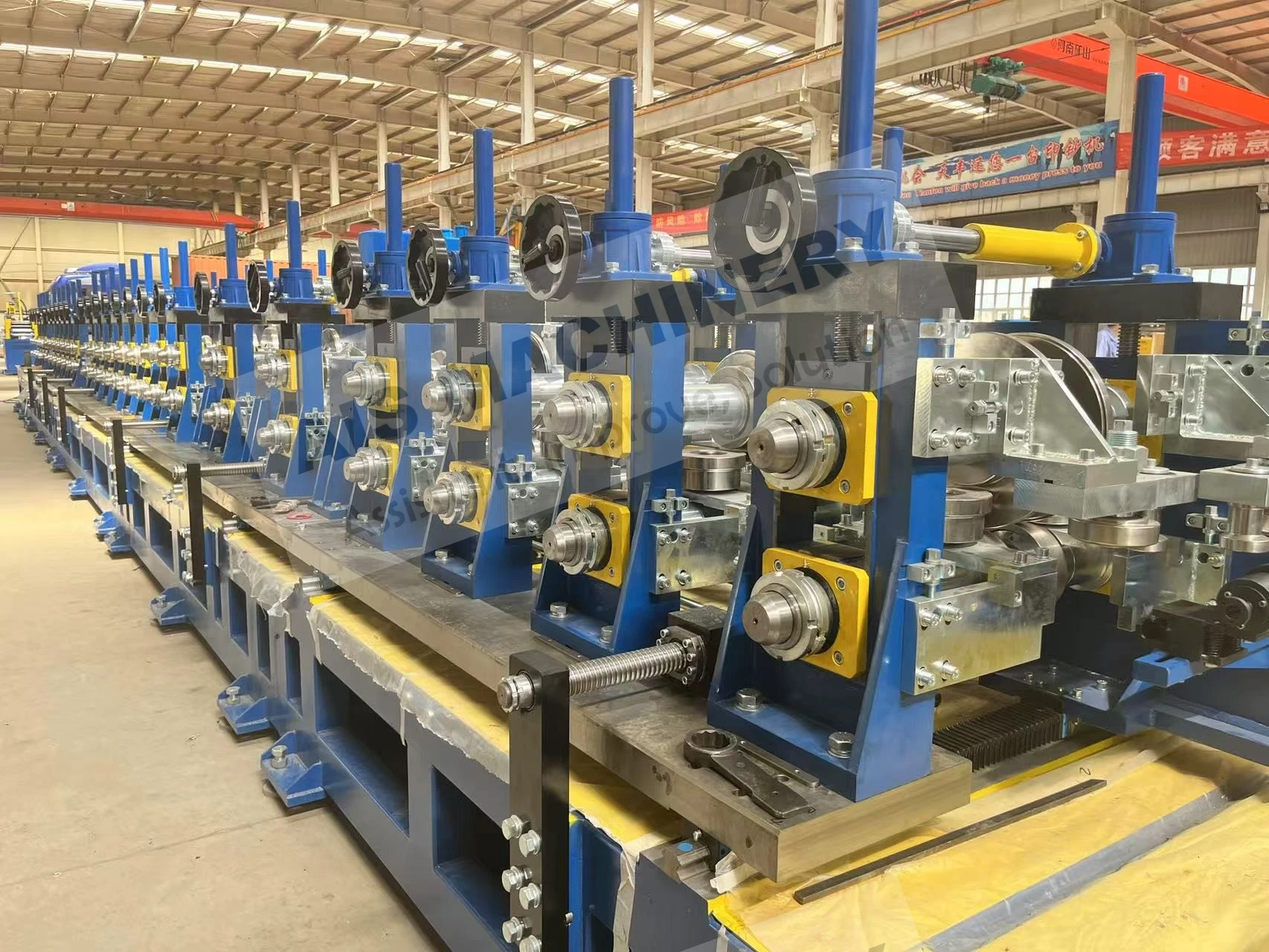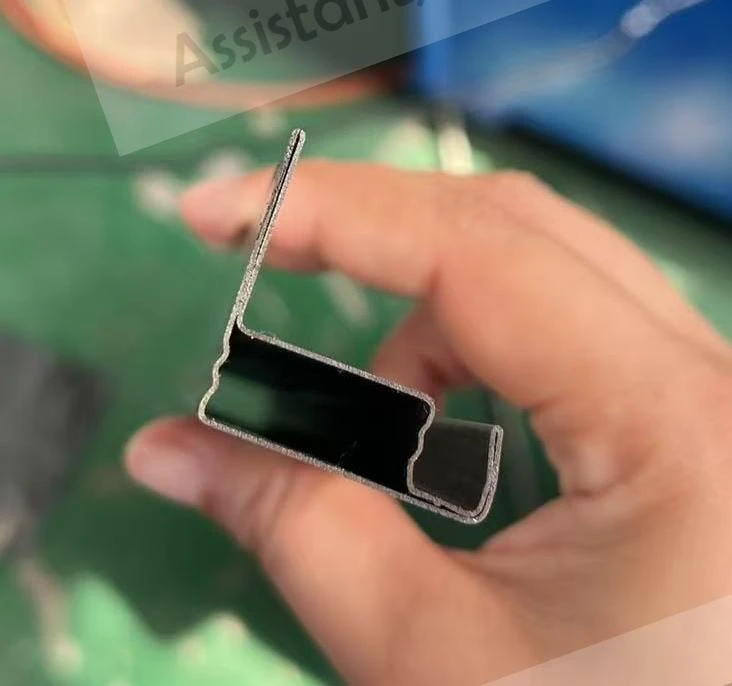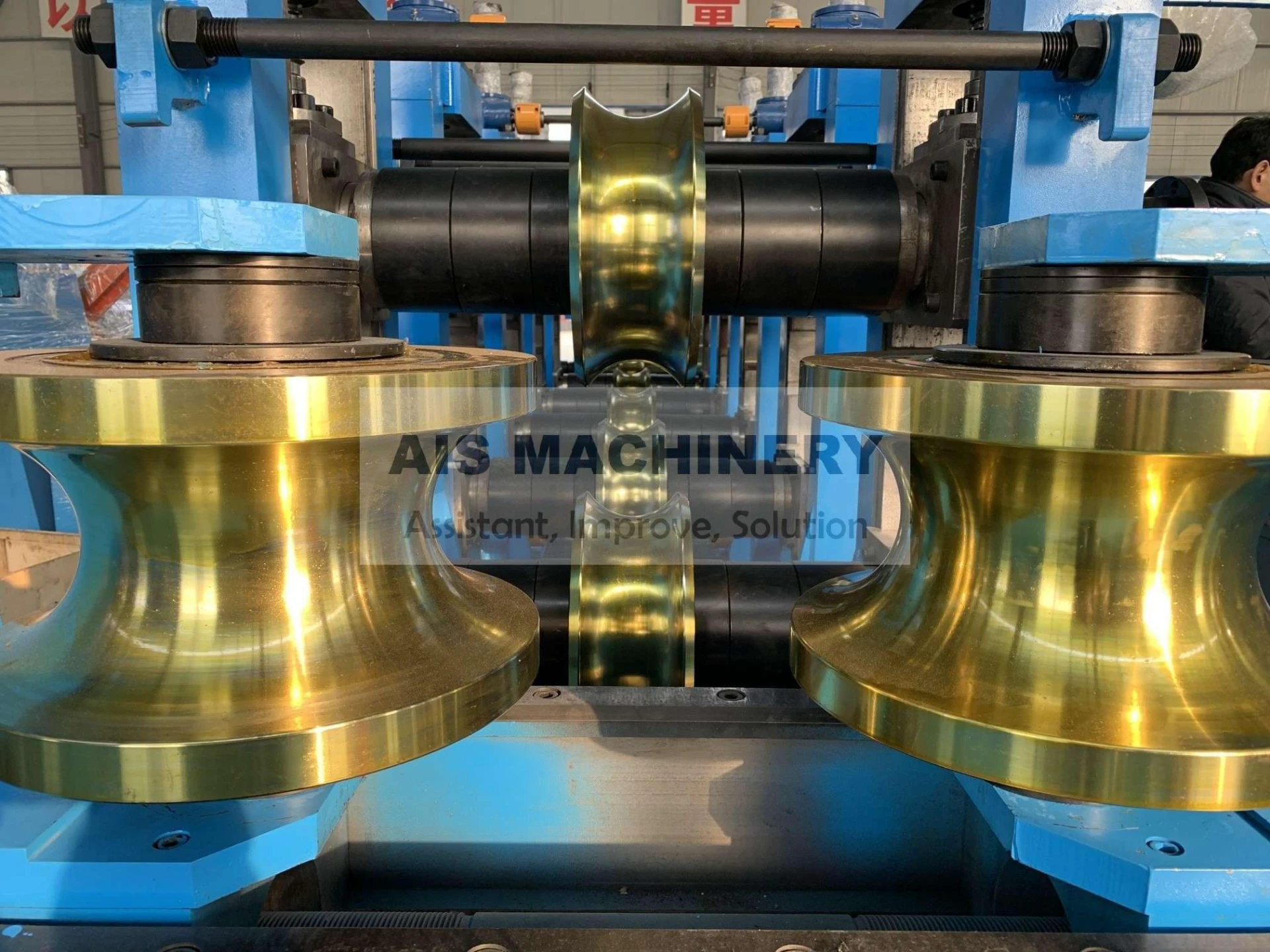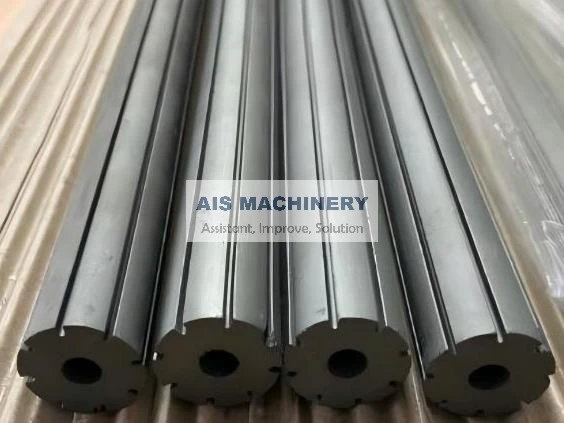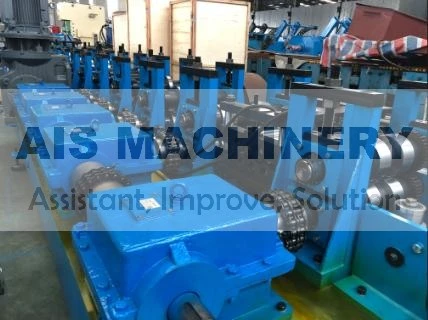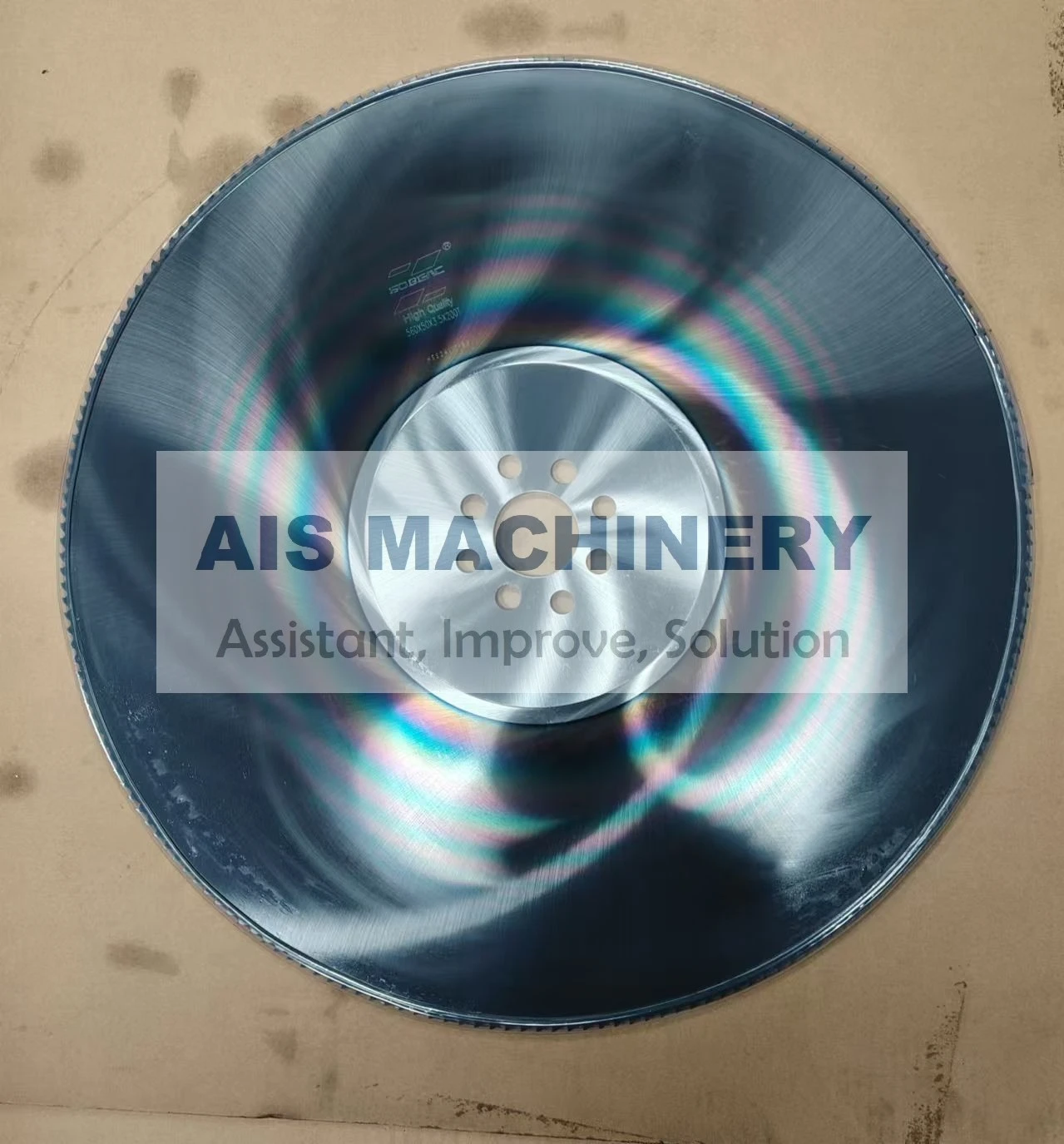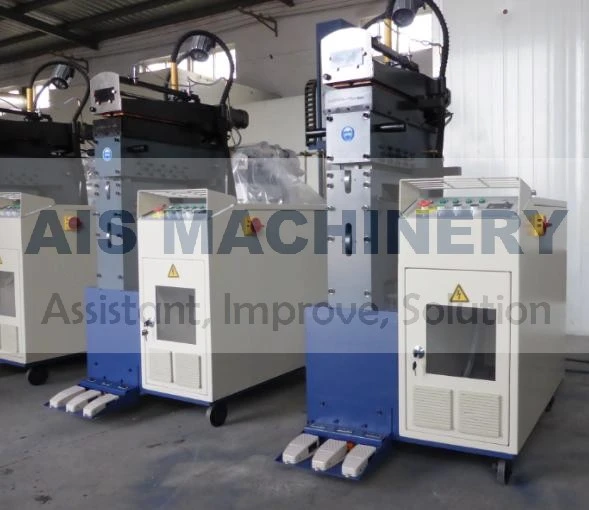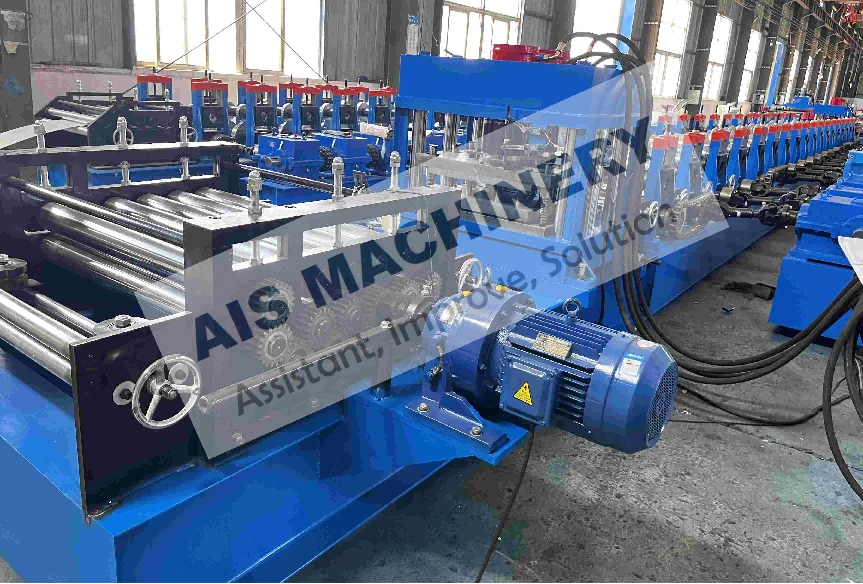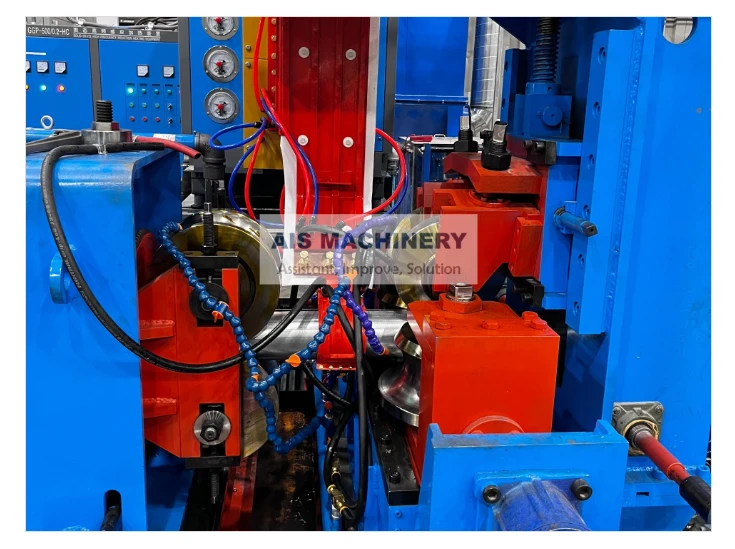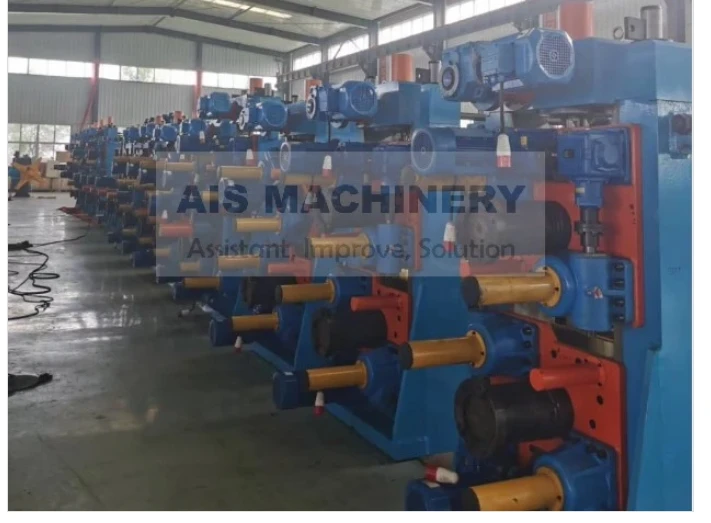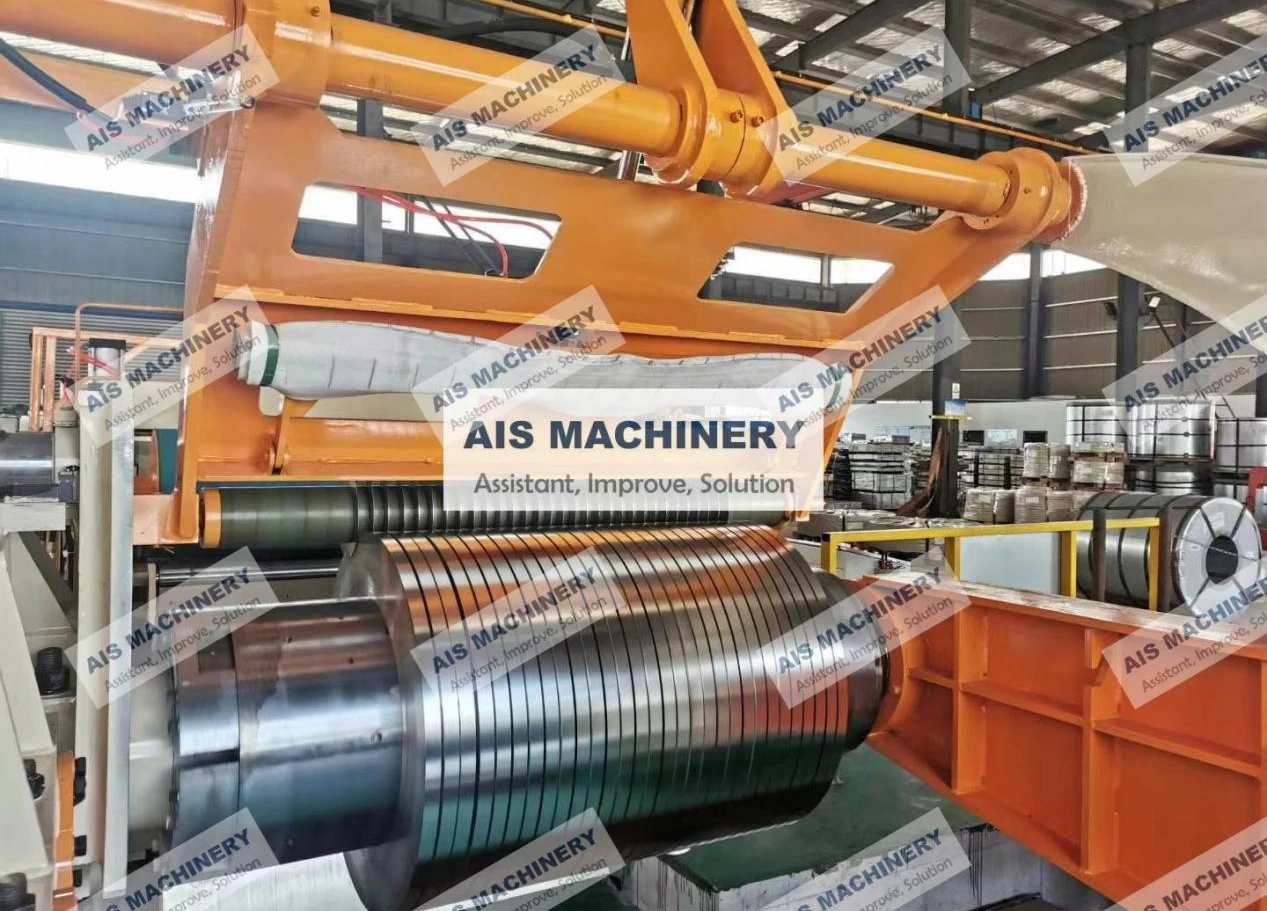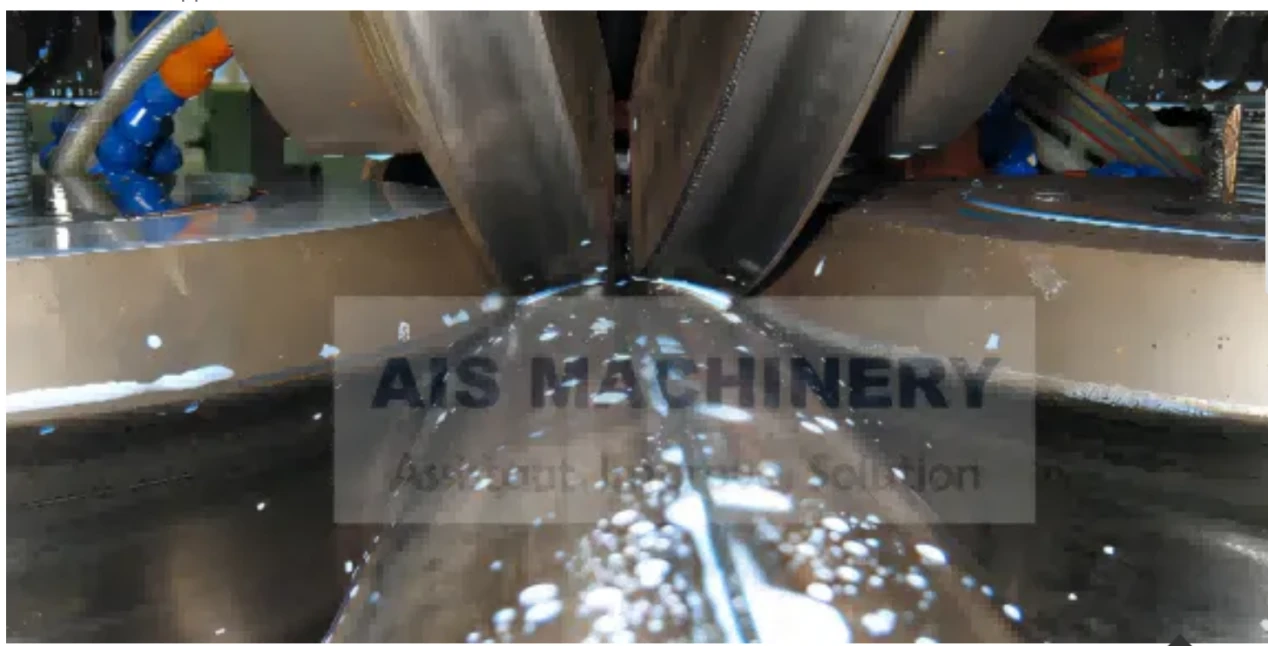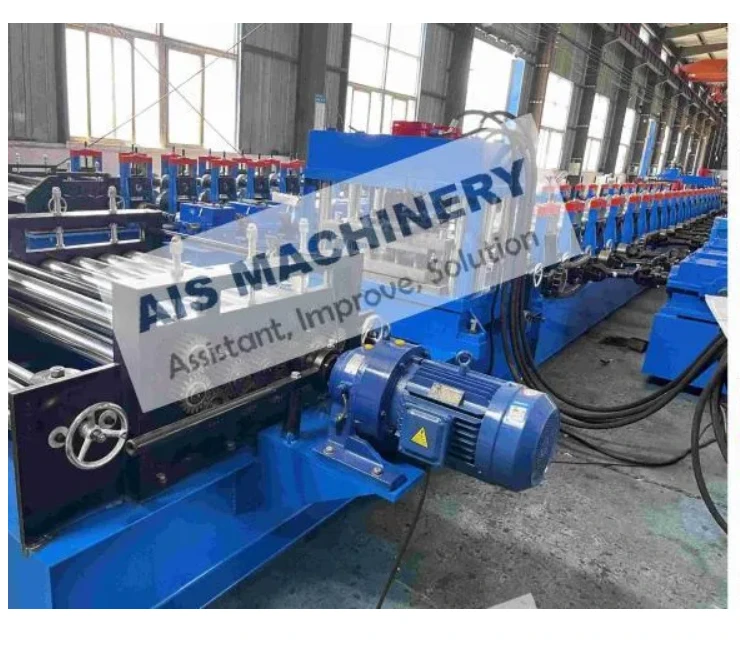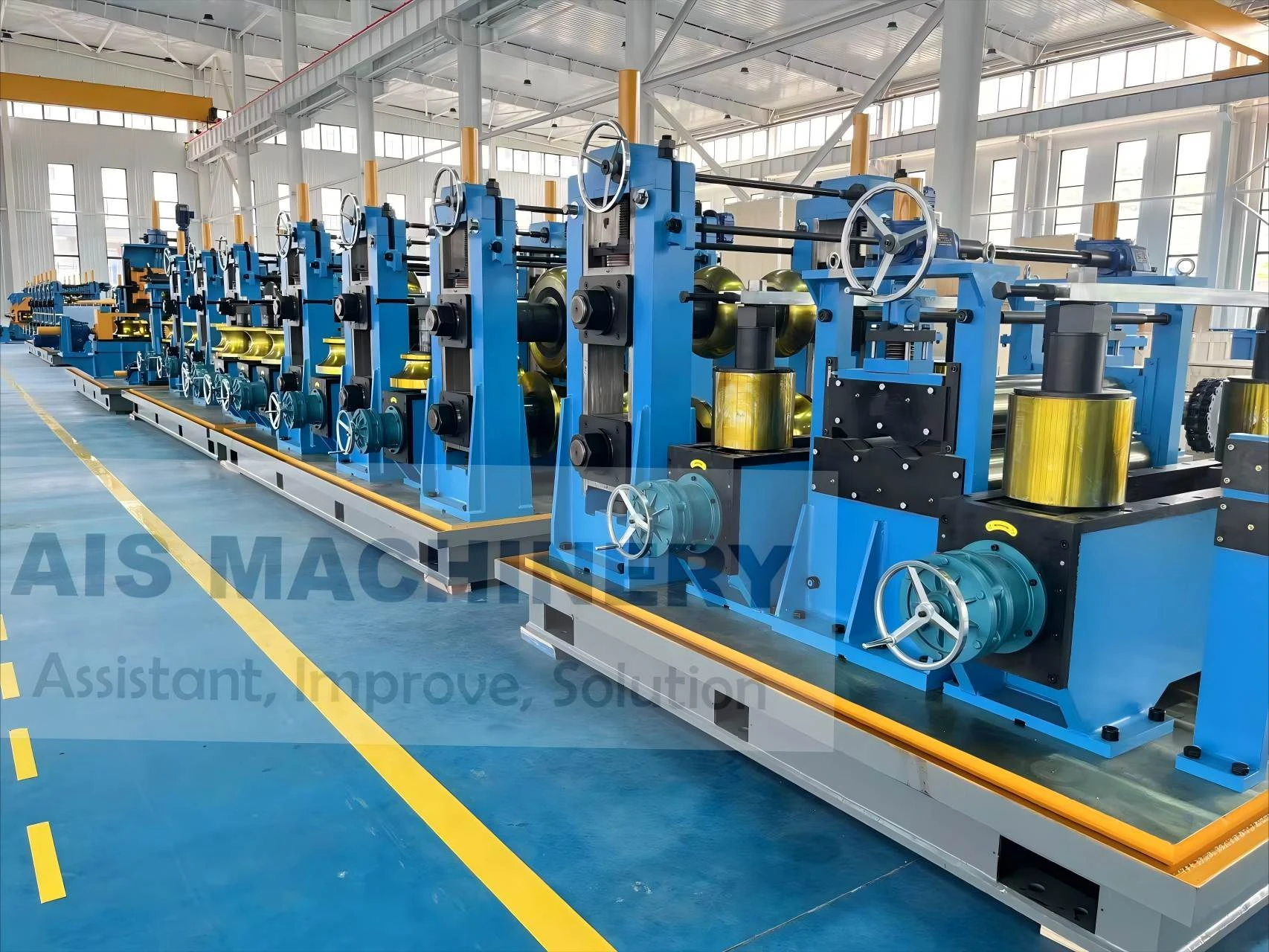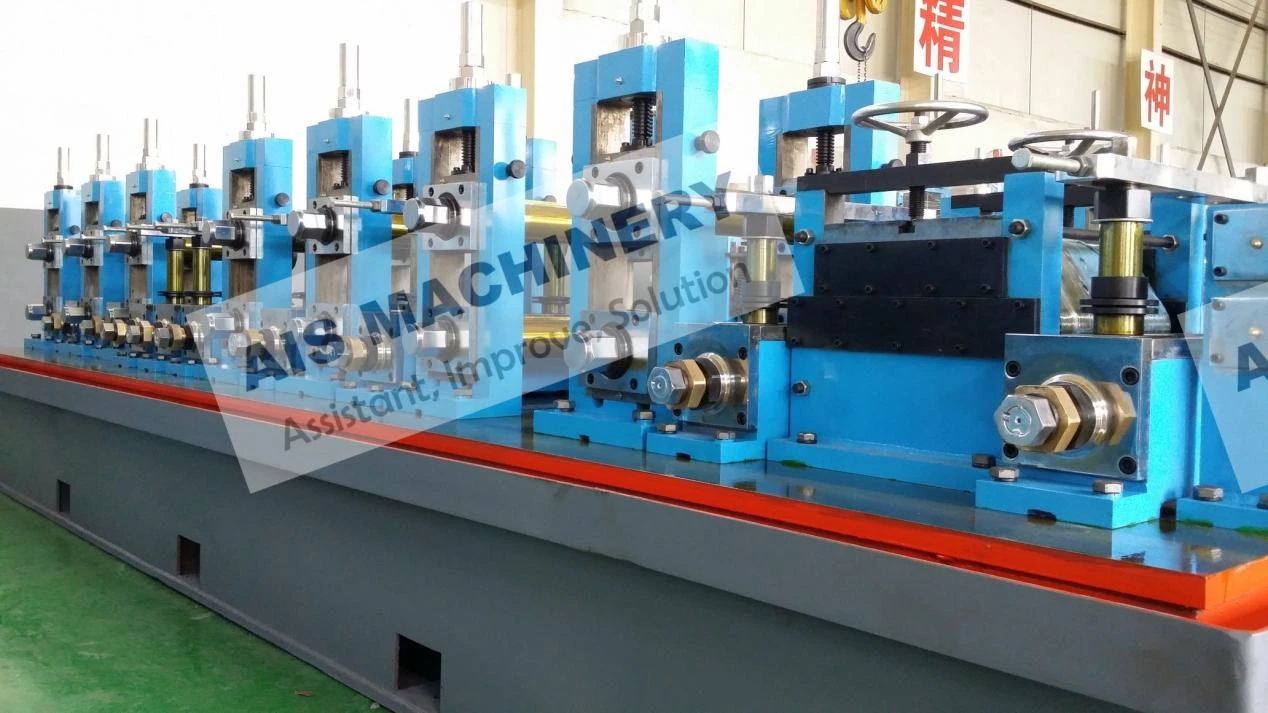-
 Тел.: 86-15176910262
Тел.: 86-15176910262
-

Пошук
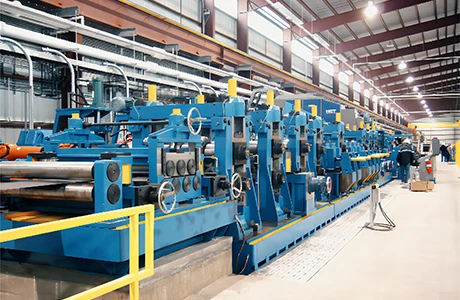
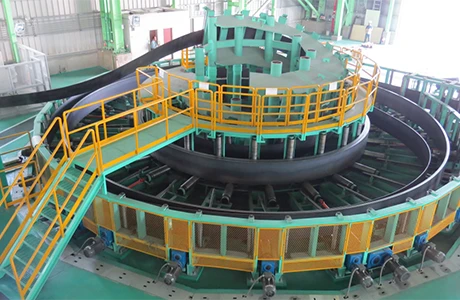
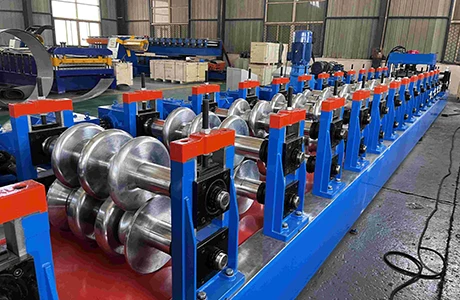
Cored Wire Tube Production Line FAQS
What is the function of the core powder in cored wire tubes?


The core powder—usually a mix of calcium, aluminum, silicon, titanium, and other active elements—reacts with impurities like oxygen and sulfur in molten steel to form stable compounds (e.g., CaO, CaS). This effectively refines the steel by modifying non-metallic inclusions and enhancing purity, improving steel quality and performance.
How do I select the right filling material for my application?


Selection depends on your metallurgical goals. For example:
Calcium-based cores are ideal for sulfur removal and inclusion modification.
Aluminum or Titanium are used for deoxidation.
Rare earths are chosen for grain refinement and special alloy properties.
We provide consultation services to help you determine the most suitable formula based on your steel grade and process requirements.
What are the benefits of using cored wire tubes over traditional bulk additives?


Higher reaction efficiency due to targeted delivery.
Reduced material waste and better control of chemical reactions.
Cleaner steel with improved mechanical properties.
Automated feeding ensures consistency and safer handling.
How long can the cored wire be stored, and what conditions are recommended?


Cored wire tubes should be stored in a dry, covered environment away from moisture and corrosive substances. Under proper storage, the shelf life can exceed 6–12 months. For extended storage, sealed packaging or vacuum packing is recommended.
What’s the typical delivery form—straight lengths or coils?


Both options are available:
Coiled form (spool/reel) is commonly used in continuous feeding systems.
Straight lengths (e.g., 3m, 5m) are also offered for manual or semi-automatic applications.
Custom formats can be provided based on your equipment setup.
What should I do if the core powder leaks during use?


Leakage can be caused by:
Improper sealing during production.
Rough handling or bending during transport/storage.
Excessive feeding speed or friction during use.
We recommend checking the feed system alignment, ensuring smooth unwinding, and selecting properly sealed wires. If issues persist, contact our service team for troubleshooting support.
What maintenance is required for the production equipment?


Key maintenance practices include:
Regular cleaning of forming rollers and filling nozzles.
Checking wear of sealing units and straightening components.
Ensuring PLC system calibration and backup.
Routine inspection of feeding accuracy and filler integrity.
We provide a detailed maintenance manual and offer remote or on-site technical support if needed.




Супутні товари
Схожі новини
Надіслати повідомлення
Dear customer, thank you for your attention! We provide high-quality machinery and equipment and look forward to your orders. Please inform us of your needs and we will respond quickly!

